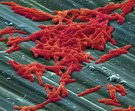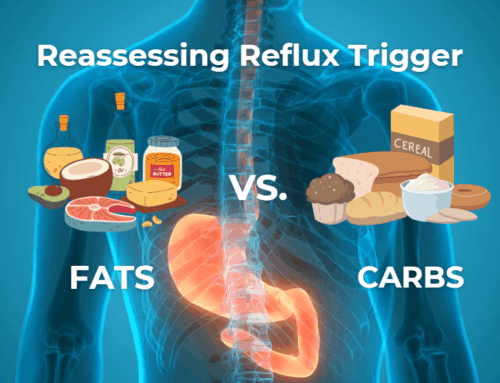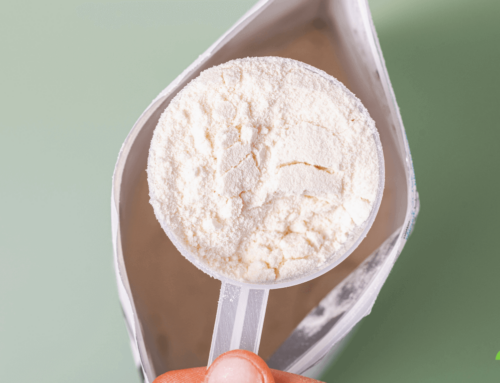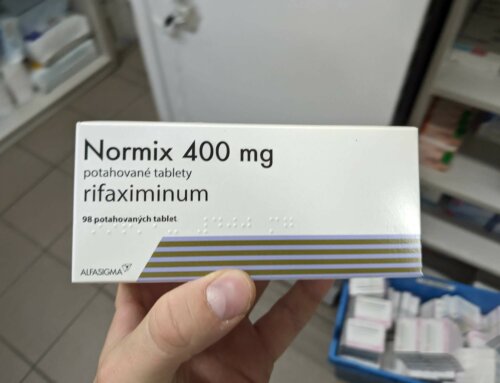The FDA has warned for some time that the use of proton pump inhibitors (PPIs) for heartburn increases the risk of Clostridium difficile-associated diarrhea. Now, a new review of 33 separate studies shows that prescription strength versions of the less potent heartburn drugs called H2 antagonists such as Pepcid, Tagamet, Zantac, and Axid, carry the same risk. The risk was greatest for hospitalized patients receiving antibiotics. Check out this article tracking the epidemic of drug-resistant C diff in US, Canadian and European hospitals.
Clostridium difficile, or C diff, is a type of bacteria that causes dramatic bouts of diarrhea that oftentimes does not go away even after treatment with powerful antibiotics. The reason is that C diff makes spores that are very difficult to kill. Many people with C diff require an expensive new experimental approach called fecal transplantation. Symptoms include watery stool, abdominal pain, and fever. Untreated, the infection can lead to a very serious condition called pseudomembranous colitis, an inflammation of the colon that can be fatal. According to the Centers for Disease Control and Prevention (CDC), C diff kills 14,000 American each year.
The risk is most likely due to the ability of the drugs to dramatically inhibit stomach acid. Stomach acid has the ability to kill bacteria including C diff. The apparent contribution of antibiotics is not surprising as antibiotics kill off large numbers of normal intestinal bacteria that are protective against C diff infection. According to the authors of the study: “Reducing the use of these drugs could significantly reduce the risk of C. diff infections.”
The Fast Tract Digestion Heartburn is a clinically tested dietary approach to eliminate acid reflux by targeting small intestinal bacterial overgrowth (SIBO). The diet is designed to be effective without PPIs or H2 blocker drugs. Maintaining adequate stomach acid is actually part of the approach and readers are encouraged to wean off these unsafe drugs as soon as they start the diet. For more information on the approach check out this link.
Note: “The FDA is working with manufacturers to include information about the increased risk of CDAD with use of PPIs in the drug labels.” Given this report, this warning should be expanded to include H2 Antagonist drugs.
Update January 9, 2015: A new study has evidence that PPIs reduce the diversity of our gut microbiota – providing a likely explanation of the C. diff risk of PPIs.







I would like to order one of your books but I am not sure which one is right for me. I am a 60 year old female with no spleen. I have psoriasis 2 year ago I was prescribed Stelara after a year on the drug my immune system tanked. The ER doctors thought I had been on chemo for a long time after seeing the blood work. I came down with CMV and have had MRSA 4 times since. After being treated with Broad spectrum antibiotics I have C-Diff and not Heartburn. I am seeing an infectious diseases doctor and she has me on Vancomycin. I would like to try to work toward a healthier gut to see in I can improve the outcome.
Thanks for your help.
Hi Rita, Sorry to hear that you have had to endure some significant health challenges after being on some pretty powerful meds. I think FTD IBS would be the book to read.
Thanks Norm. I will start there.